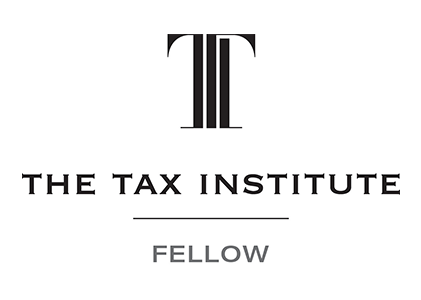Tax surveys and reviews are progressively being focused at specific enterprises and people as the ATO refines its information gathering and information coordinating frameworks. With self-evaluation, there are currently procedures to check essential information and patterns removed from data appeared on returns. Utilizing industry examinations or investigation of information on returns, computer programs show the possible targets.
Audit strategies
The strategies of the ATO are becoming ever more focused on ranges of high non-compliance and high-risk income zones. Penalties are imposed if taxpayers are found to have downplayed their assessable salary or exaggerated their deductions.
The ATO site contains a center point called Building Confidence. This microsite contains data about the ATO's present consistence center, strategies and exercises.
Enhanced third party reporting, pre-filling and data matching
In November 2015, legislation was passed to introduce third party reporting of real property, shares and units, business transactions made through payment systems and government grants and payments data. The legislation contains four separate reporting regimes:
- Transfers of real property – State and territory Revenue and Land Titles Offices will be required to report real property transfers. Reporting started 1 July 2016.
- Government grants and payments – government entities will be required to report on the grants they make to ABN holders and payments for services provided. Data will be collected from 1 July 2017.
- Business transactions made through payment systems – administrators of payment systems will be required to report transactions they facilitate on behalf a business. Data will be collected from 1 July 2017.
- Transfers of reportable securities and units in a unit trust – data on transactions involving shares or units will be collected from the Australian Security and Investment Commission (from 1 July 2016), stockbrokers, share registries, trustees and fund managers (from 1 July 2017).
ATO access
The Commissioner and any of his duly authorised officers have the right of full and free access to buildings, places, books and documents and to require a person to attend and give evidence to enable the ATO to carry out its statutory functions (subject to certain rules, processes and exceptions).
That applies for income tax as well as FBT, GST and the other taxes administered by the ATO. Access extends to electronically stored records and the ATO expects that encryption keys, passwords, login codes, manuals for hardware and software will be made available. These rights are provided for in s263 and 264 ITAA36.
The ATO has issued guidelines on its access powers in its online publication Our approach to information gathering, which contains a summary of its access and information gathering powers. This is a guideline regarding how those powers are to be exercised and taxpayers’ rights and obligations are safeguarded.
Subject to a warrant allowing confiscation or the taxpayer granting permission, the ATO is not empowered to confiscate any original records and so forth, but is empowered to extract details.
The ATO’s power of access applies regardless of whether the records and documents are held personally, at the business premises or at the offices of an accountant or solicitor. In some cases “legal professional privilege” or the “accountants’ concession” may apply to prevent access to some documents or other types of information.
An occupier of a building or some other place is particularly required to give properly approved ATO staff with all sensible offices and help to empower them to do their obligations. An average case of where the ATO would practice its get to powers is amid a review, attempted on the taxpayer's business premises. It would be normal that the taxpayer would give a satisfactory working zone with access to phones, scanners, PCs, light and energy to empower the auditor(s) to finish the examination of the business records.
Subject to the use of legitimate proficient benefit (or the bookkeepers' concession) to secure the asked for data, it is an offense to block or deter an appropriately approved ATO officer practicing his/her privilege of get to. If there is any physical block, the ATO officers have the privilege to find a way to remove that obstruction.
When in doubt, taxpayers will be educated ahead of time concerning a review so the demand for get to ought not come as a shock. In uncommon conditions ATO officers will arrive unannounced. Where that happens the taxpayer is qualified for incidentally defer any pursuit of their premises while the taxpayer looks for legitimate guidance on either the privilege of get to itself or whether any records or archives are liable to lawful expert benefit. It can be normal that where the inquiry is incidentally postponed the ATO will look to guarantee that no reports or records are messed with amid the deferral.
An ATO officer is not qualified for stay on the premises without composed authorisation marked by the Commissioner or his delegate. It is prescribed that in case of an unannounced review, legitimate exhortation ought to be acquired.
Tax Store Accountants Newington.
Tax & Super Australia: Tax reviews and audits
Our Management Credentials





